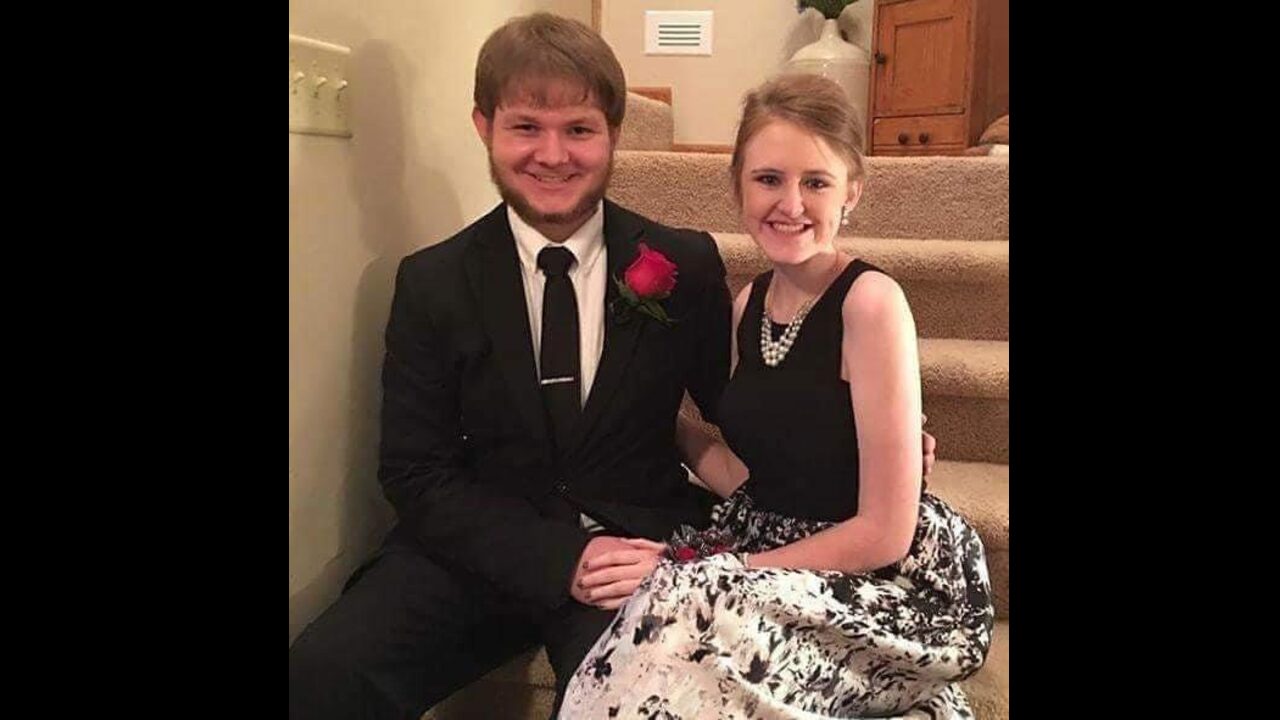Where Are the Democrats?: Embracing Diverse Opinions on Campus
by April Bayer
One of the things I appreciate most about college is the opportunity it provides for dialogue both inside and outside the classroom about issues that are affecting real people throughout the world. One thing I’ve noticed on a campus like Concordia, however, is these conversations often seem one-sided.
I feel as though I have heard the word ‘liberal’ used cautiously in some circles, as though it is a polite term for something undesirable, perhaps synonymous with ‘un-Christian.’ I will admit that I have caught myself falling into this trap, talking about what some of my high school friends have experienced on their more ‘liberal’ campuses.
Attending a Christian university in the Midwest puts us into several demographics that would explain why many people on our campus hold more conservative viewpoints. This is certainly not a bad thing, but I hope it does not cause us to overshadow the views or silence the voices of others whose opinions might be different.
A Republican Club was recently formed on campus. When I heard the news, I was initially concerned, wondering what politicizing our campus might mean. After learning more, from my understanding, their goals involve community service, meeting to discuss their views, and campaigning for candidates they support. These are reasonable goals which give a group of students a voice to express their beliefs.
If students affiliated with the Democratic, Libertarian or any other political party expressed an interest in starting a similar club, I do not think the administration or Student Senate would object. The part that I am still struggling with is the question of whether we have fostered a campus climate where those with opinions different from the majority would feel safe sharing them.
A Concordia professor who wishes to remain anonymous and believes that her political views are more left-wing than many of her colleagues recently told me in an email, “I rarely talk about my opinions on things with anyone on campus, except the few I know who feel like I do about, say, Trump or (other) issues. I don’t feel like I’m being silenced, just that my opinion would make me unpopular…like people would be upset if they knew what I thought. Not everyone, but enough that I feel it’s safest just to stay quiet.”
While the door may be open for these organizations to exist, some students (and professors) may feel safer keeping their thoughts to themselves than risking judgment. When we talk about difficult or controversial topics, we often disagree, and this causes discomfort. The important thing about discomfort is that it helps us learn. It opens us to new ideas and points of view, growing us both as individuals and as a community.
A particularly memorable day in my Children’s Literature class last semester was the day we discussed books that are considered controversial by some, especially books which heavily feature members of the LGBT community. Our goal was to discuss what role, if any, these books had in our classrooms.
The conversation took a different turn than I think some might have expected on a highly conservative campus, with many defending the decision to use the books to promote representation and understanding. Although I disagreed with many of my peers, I appreciated the dialogue we had and the opportunity to understand their positions.
I also remember the hush that fell across the room during Rev. Dr. Roosevelt Gray’s speech on the legacy of Martin Luther King, Jr. last month when Gray pointed out that Lutherans tend to focus mainly on two issues and two issues only: LGBT rights and abortion. He then challenged us, asking why we don’t devote more resources toward helping our brothers and sisters who have a poor quality of life outside the womb. While the pro-life movement is important, Gray’s question is valid. There are several Lutheran ministries who do a wonderful job of reaching out to oppressed communities, but there is much more that we and other church bodies can do to help those who are suffering.
I think that Gray’s speech and other events sponsored by the Student Diversity and Inclusion Committee have the potential to begin creating a campus environment where these diverse opinions can challenge us and be heard.
My hope as we move forward in a nation with an increasingly divided political climate is that Concordia can be a place where we understand that we live in a sinful and broken world and that we need to have open and honest conversations about many issues, not just the “safe Lutheran ones.” A place where people with less popular views feel safe enough to share their opinions.
Concordia is a community, full of people with different backgrounds and ideas that make us stronger as a whole. Before we are Republicans or Democrats, conservatives or liberals, we are, most importantly, brothers and sisters in Christ.









